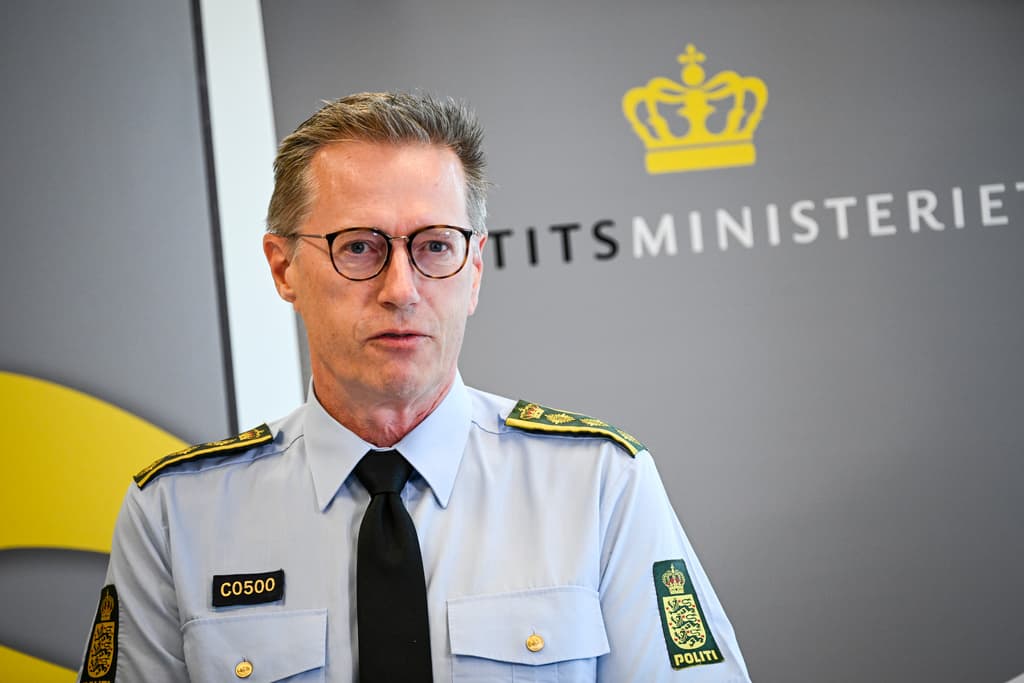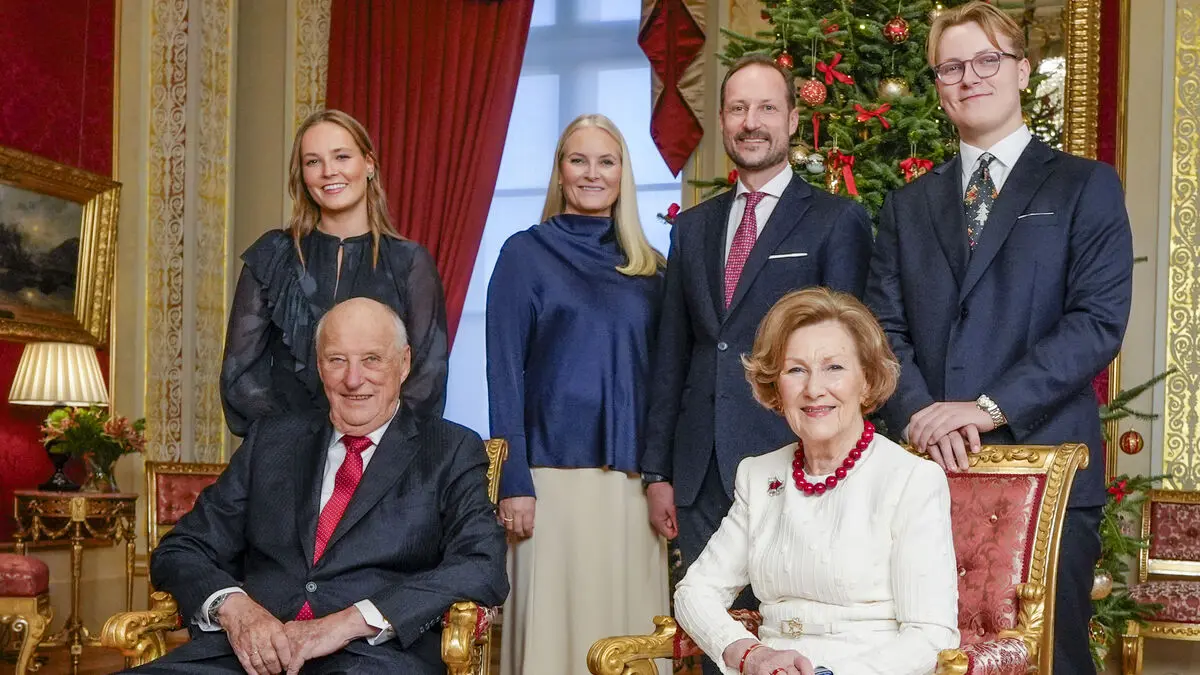From the police's point of view, this is good news, says National Police Commissioner Thorkild Fogde after the Swedish-Danish meeting in Copenhagen with both justice ministers and police chiefs in place.
The efforts against digital channels used by criminals will be intensified, the ministers decided. Similarly, the pressure will be increased on the countries where many leading gang criminals have settled and continue to drive the development of crime in Denmark and Sweden from a distance.
High on the agenda
During upcoming meetings with the national police chiefs and justice ministers of the other Nordic countries, these issues will be high on the agenda, according to Thorkild Fogde.
For the police, it is important that there are no safe havens for serious crime, neither physically out in the world nor digitally on the internet. If the Nordic countries jointly drive this issue in Europol, in the EU, and in Interpol, we can push harder than we could have done individually.
Advertisement
In Denmark, too, there are young people who carry out assignments for criminal gangs. But not on the same scale as in Sweden, he also notes.
New phenomenon
The fact that young perpetrators take on assignments for gang criminals with whom they have no prior connection is a new criminal phenomenon, he says.
The question occupies the population in both Denmark and Sweden: What drives these young people, who get their lives completely ruined?
They risk being sentenced to such harsh penalties that they are released only when they are middle-aged, he emphasizes.
Part of the explanation is the digital development, which makes it possible for criminals to reach out to masses of young people, who in many cases live far from the places where the crimes are then committed, Thorkild Fogde believes.
Can it be that some of these young people have difficulty distinguishing between reality in Counterstrike and reality on Telegram? I don't know, but that's something you need to look into more closely.






